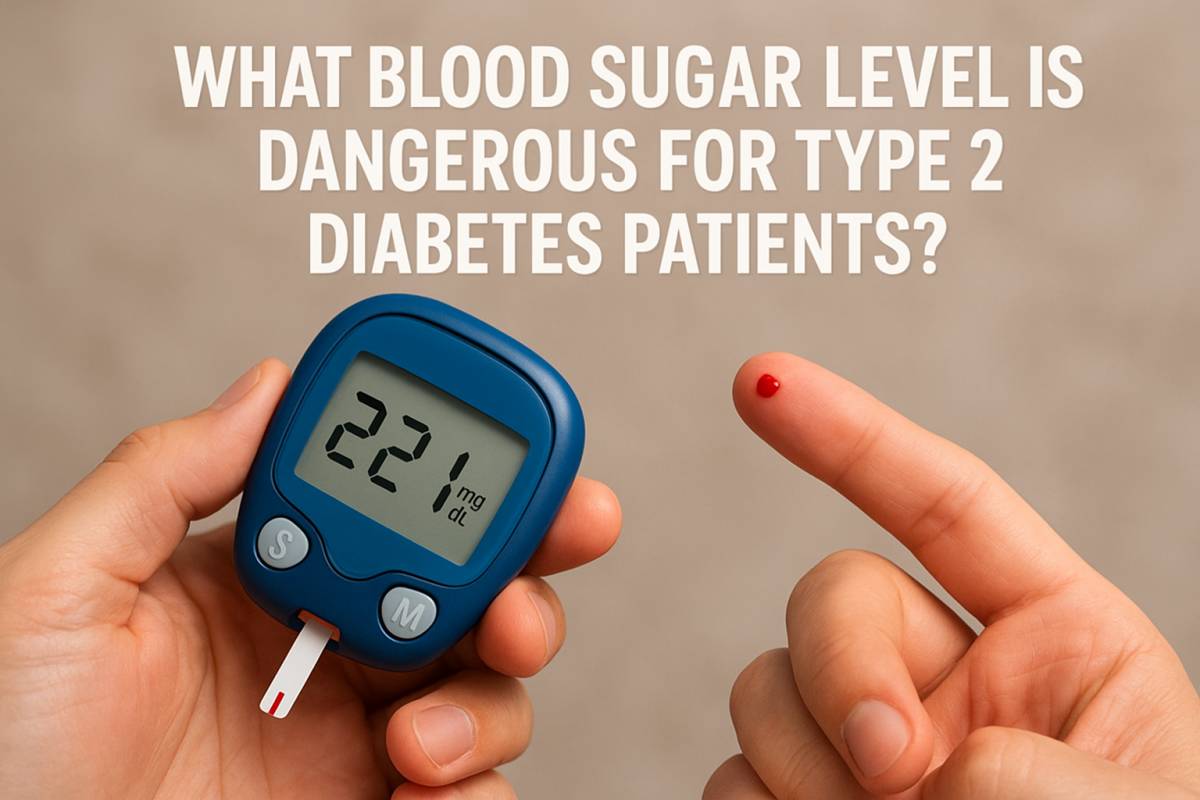7 Surprising Ways to Train Your Brain for Unstoppable Alertness

Do you ever feel like your brain is foggy? You can’t focus, and you feel sluggish. There are many ways to train your brain to be more alert. Here are seven surprising ways:
- Move Your Body: Exercise is not just good for your body, it’s also great for your brain. When you exercise, you increase blood flow to your brain. This helps your brain cells communicate better. Even a short walk can make a big difference.
- Get Enough Sleep: When you don’t get enough sleep, your brain can’t function properly. Aim for 7-8 hours of sleep each night.
- Eat Brain-Boosting Foods: Certain foods can help improve brain function. These include foods that are rich in omega-3 fatty acids, such as fatty fish, walnuts, and flaxseeds.
- Challenge Your Brain: Puzzles, games, and learning new things can help keep your brain sharp. Try crossword puzzles, Sudoku, or learning a new language.
- Meditate: Meditation can help you to focus and reduce stress. Even a few minutes of meditation each day can make a big difference.
- Spend Time in Nature: Spending time in nature has been shown to improve cognitive function. Take a walk in the park, go for a hike, or simply sit in your backyard and enjoy the fresh air.
- Connect with Others: Social interaction is important for brain health. Make time for friends and family. Join a club or volunteer in your community.
By following these tips, you can train your brain to be more alert and focused.
1. Move Your Body
Exercise is one of the best things you can do for your brain. When you exercise, you increase blood flow to your brain. This helps your brain cells communicate better.
Even a short walk can make a big difference. Aim for at least 30 minutes of moderate-intensity exercise most days of the week.
You don’t have to do anything strenuous. You can go for a walk, run, bike ride, swim, or play a sport.
2. Get Enough Sleep
When you don’t get enough sleep, your brain can’t function properly. You may have trouble concentrating, remembering things, and making decisions.
Aim for 7-8 hours of sleep each night. Go to bed and wake up at the same time each day, even on weekends.
Create a relaxing bedtime routine. This could include taking a warm bath, reading a book, or listening to calming music.
3. Eat Brain-Boosting Foods
Certain foods can help improve brain function. These include foods that are rich in omega-3 fatty acids.
Omega-3 fatty acids are important for brain health. They help to build and repair brain cells.
Good sources of omega-3 fatty acids include:
- Fatty fish, such as salmon, tuna, and mackerel
- Walnuts
- Flaxseeds
- Chia seeds
- Avocados
Other foods that are good for brain health include:
- Fruits and vegetables
- Whole grains
- Lean protein
4. Challenge Your Brain
Just like your muscles need exercise to stay strong, your brain needs to be challenged to stay sharp.
Here are some ways to challenge your brain:
- Do puzzles: Crossword puzzles, Sudoku, and jigsaw puzzles are all great ways to challenge your brain.
- Play games: Games like chess and bridge can help to improve your cognitive skills.
- Learn a new language: Learning a new language can help to improve your memory and problem-solving skills.
- Take a class: Taking a class on a new topic can help to keep your brain engaged.
- Read: Reading is a great way to learn new things and expand your vocabulary.
5. Meditate
Meditation can help you to focus and reduce stress. When you’re stressed, it’s harder to think clearly.
Even a few minutes of meditation each day can make a big difference. You can find guided meditations online or in meditation apps.
6. Spend Time in Nature
Spending time in nature has been shown to improve cognitive function.
Being in nature can help to reduce stress, improve your mood, and boost your creativity.
Take a walk in the park, go for a hike, or simply sit in your backyard and enjoy the fresh air.
7. Connect with Others
Social interaction is important for brain health.
Spending time with friends and family can help to reduce stress and improve your mood.
Make time for social activities, such as going out to dinner, playing games, or attending a concert.
You can also join a club or volunteer in your community.
Conclusion
By following these tips, you can train your brain to be more alert and focused.
Remember, it’s important to be patient. It takes time to see results.
But with consistent effort, you can make a big difference in your brain health.









